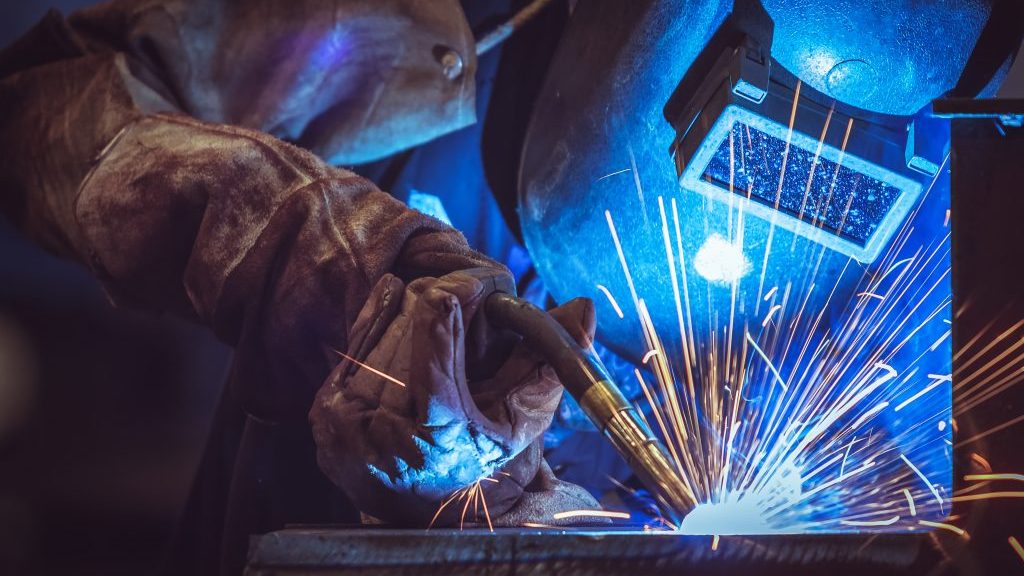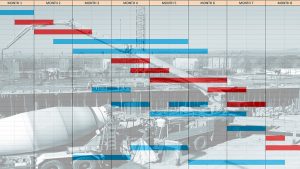MONTREAL — Montreal city officials knew the major watermain that burst last week and flooded a neighbourhood was showing signs of damage, but they thought there was still time before it needed to be repaired, the head of the city’s water service said recently.
Chantal Morissette told reporters the city noticed the pipe was deteriorating during an inspection in 2017 or 2018. That type of pipe is prone to corrosion, she said, and a followup inspection was planned in the coming months.
“But the pipe burst before we arrived, so the corrosion was more advanced than what we suspected during the investigation,” she said.
Montreal Mayor Valérie Plante said 50 buildings were flooded when millions of litres of water erupted onto city streets near the Jacques Cartier Bridge on Friday, and 16 households have asked the Red Cross for emergency housing.
“Our hope is really that Montreal can recover as fast as possible, Montrealers can recover, knowing how stressful this is for them,” she said.
Plante said workers are now removing debris from roads in the area, but it will take time to assess exactly what happened and order the parts to repair the two-metre-wide pipe. There’s no timeline on when the repairs will be finished.
The mayor said she’s relieved the city didn’t have to shut off the drinking water supply to any customers, although Montreal did issue a boil-water advisory for about 150,000 homes for more than a day.
The pipe involved in Friday’s water main break was a C301 pre-stressed concrete pressure pipe, which consists of a steel cylinder embedded in concrete and reinforced with steel wire. Morissette said corrosion, possibly caused by water accumulation or road salt, can break the steel wires and eventually cause such pipes to explode.
In theory, water main pipes can last for 100 years, but C301 pipes have a shorter lifespan than those built earlier in the 20th century, Morissette said. The pipe that burst on Friday had been installed in 1985.
Morissette said the city inspects 10 to 15 kilometres of water main pipes per year, and evaluates the risks of letting damaged pipes continue to operate. During the latest inspection, this particular pipe “was judged capable to continue to serve the purpose for which it was designed,” she said. “Otherwise we would have stopped it.”
Daniel Lingnau, a senior application specialist with the Edmonton-based Pipeline Inspection and Condition Analysis Corporation, said C301 pipes were developed during the Second World War to minimize the use of steel, which was being diverted for the war effort. But if corrosion snaps the steel wires, he said, the concrete can crack and eventually cause the steel cylinder to rupture.
“For this type of pipe, when it does fail, it does tend to fail … catastrophically,” he said. “Meaning a big hole is punched in it, as opposed to a steel pipe that might just have a local perforation, and therefore the amount of volume of water wouldn’t be released as quickly.”
Lingnau said these pipes can have a lifespan exceeding 50 years, but many factors affect how long they last. “And one of the big factors that has been evolving over our generation is a lot of use of road salts, and road salts are particularly bad for concrete,” he said.
A 2008 report from the National Research Council Canada noted that pre-stressed concrete pipes are known for “good strength and capacity to resist high internal pressure,” but are prone to corrosion that can lead to catastrophic failures. Such failures “are always associated with lack in maintenance operations due to underestimating the condition of the pipe and thus its priority to be repaired,” the report says.
Last summer, a smaller water main break in Montreal involving a C301 pipe led to the evacuation of 18 buildings and a boil-water advisory for part of the city’s St-Michel and Rosemont neighbourhoods.
Major water mains are difficult to inspect and very expensive to repair, Lingnau said. “And that’s one of the big challenges. Much of this buried infrastructure is coming up near end of life, but the funding for replacement of it as our cities grow has declined.”
Morissette said repairs to the pipe could cost $4,000 to $5,000 per cubic metre. But despite this latest incident, she said, recent investments have cut the number of water main breaks in Montreal by 50 per cent in the last 12 years. She said 90 per cent of the city’s network is in good shape.
Meanwhile, Plante gave an update on the damage caused by torrential rain that hit Montreal on Aug. 9, saying more than 3,300 private buildings and about 60 municipal buildings were flooded.
©2024 The Canadian Press
Cleanup underway after Montreal watermain break floods streets and homes











Recent Comments
comments for this post are closed